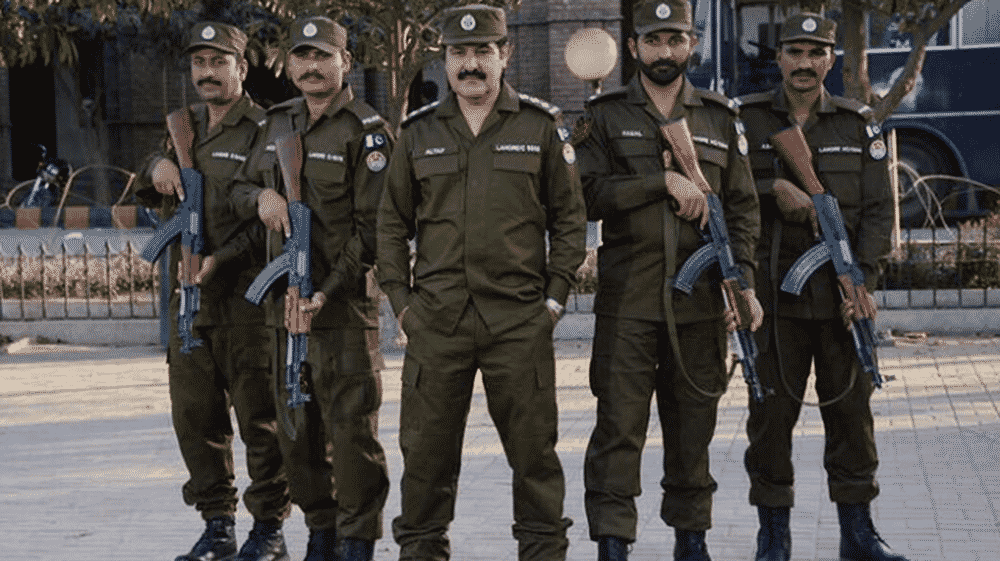RAWALPINDI:
Despite the enactment of the Price Control Act, 2024, the Rawalpindi district administration is yet to establish any of the mandatory police stations in the seven tehsils of the district, citing acute shortage of funds.
These police stations, which were expected to be operational in November, remain idle as the year draws to a close.
Under the new law, police stations would be rented in four- to five-room buildings, accommodating one station house officer (SHO), 12 police officers, one vehicle and two motorcycles.
The rooms were to serve as offices, weapons storage, temporary prison and waiting area. However, high rental costs have led the administration to seek financial support from the Punjab government, delaying its implementation.
The Price Control Law of 2024 empowers authorities to penalize traders who sell essential items at inflated prices.
Penalties include sealing of shops, arrest, imprisonment of 3 to 30 days and fines of between 25,000 and 100,000 rupees.
In addition, detained merchants are responsible for covering transportation and food costs. Without operational police stations, these measures remain unenforced.
Grocery Traders Association (GMA) president Saleem Pervez Butt has strongly opposed the establishment of price control police stations. “We don’t accept these police stations,” Butt declared, warning of widespread protests if any traders are arrested under the law. He emphasized that these protests would not be limited to Rawalpindi but would spread across Punjab.
In response, the district administration has announced plans to set up police stations in phases between January and March 2025, starting with Rawalpindi Tehsil city.
Until then, implementation of the Price Control Law remains stalled, leaving price control operations and sanctions in limbo.
The price control initiative, while aimed at stabilizing market prices, has so far faced intense backlash from Rawalpindi’s business community, which views its implementation as costly and politically motivated.
It remains to be seen how the government will balance its push for price regulation with the demands of the business community as the new price control stations come online.
The new department has not been able to hire personnel for the price control police stations, whose facilities are not final either. As planned, each price control station will be staffed by 20 uniformed officers, headed by a police inspector in charge. There will be two official vehicles and three motorcycles for each station.
Sources say that the recruitment of the new force for the price control police stations has already started and the process will be completed soon, after which the new recruits will undergo police-style training for 30 days, including protocols for the arrest of merchants. Each price control police station will consist of four to five rooms.
According to the plan, rental housing will be acquired for the police stations. A large room will be the jail custody, while other rooms will include a waiting room, a weapons room, a records room and a SHO office.




